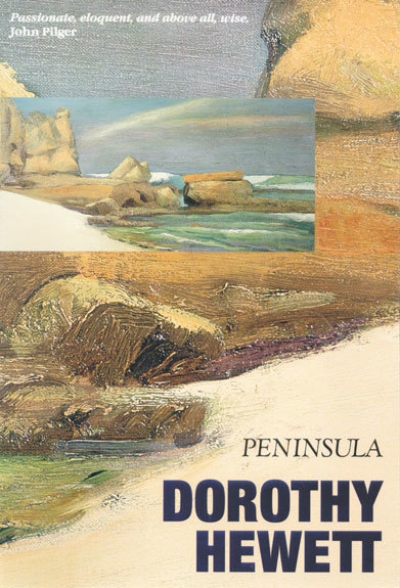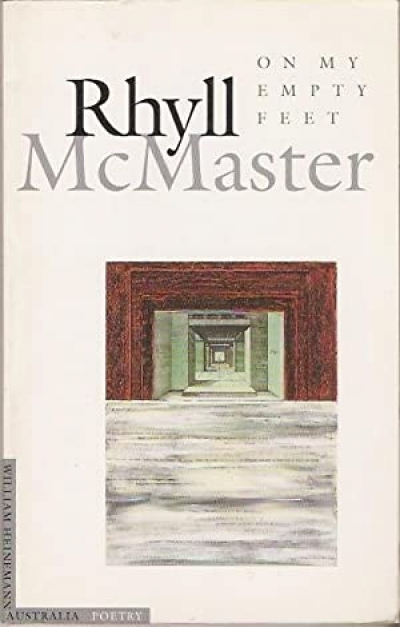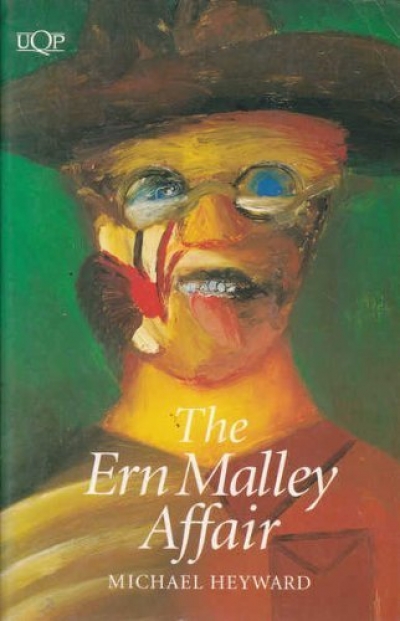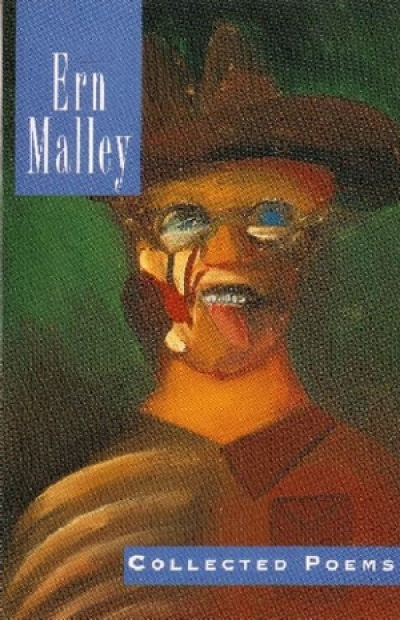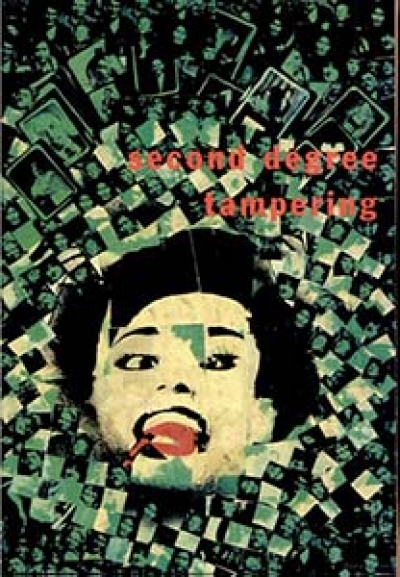Poetry
Despite the protestations of my close friends I choose to regard myself as a normal person. Only at certain times of the year do I realise how tenuous are my links with the mundane world.
One of these troublesome occasions is when I prepare my income tax form.
... (read more)On My Empty Feet by Rhyll McMaster & The Catullan Rag by Peter Rose
How does this book fit in with your development as a poet?
I think its’s fundamentally different. The House of Vitriol (a late first book, I was thirty-five when it appeared) was largely the work of about seven or eight years, but the earliest poem in it was written when I was sixteen, so it’s a big sprawling thing covering a lot of subjects and quite a lot of techniques – some of them really inchoate. And it was an unusually long book. This new book, which was written over about three years, has a kind of unity. But I don’t approach any book of poems globally. I’m a lazy reader of poetry. I never sit down with a book and read it right through. It may take me six months to a year to get to know a book even when I’m fond of the poet. Unlike some poets who will shape a book, and have that unity in mind, I don’t. I’m not deliberately setting out to achieve a harmony between poems.
... (read more)second degree tampering: Writing by women edited by Sybylla Feminist Press
Boundary Conditions: The poetry of Gwen Harwood by Jennifer Strauss
Modern Australians live of course in a concourse or babble of discourses. We make our way through the bubble-and-squeak of chopped-up value systems. There is no tall hierarchy of speakings, no league ladder. Nor is there anything as redgum-solid as permanence; if anything, transience is taken as proof of the genuine.
... (read more)
